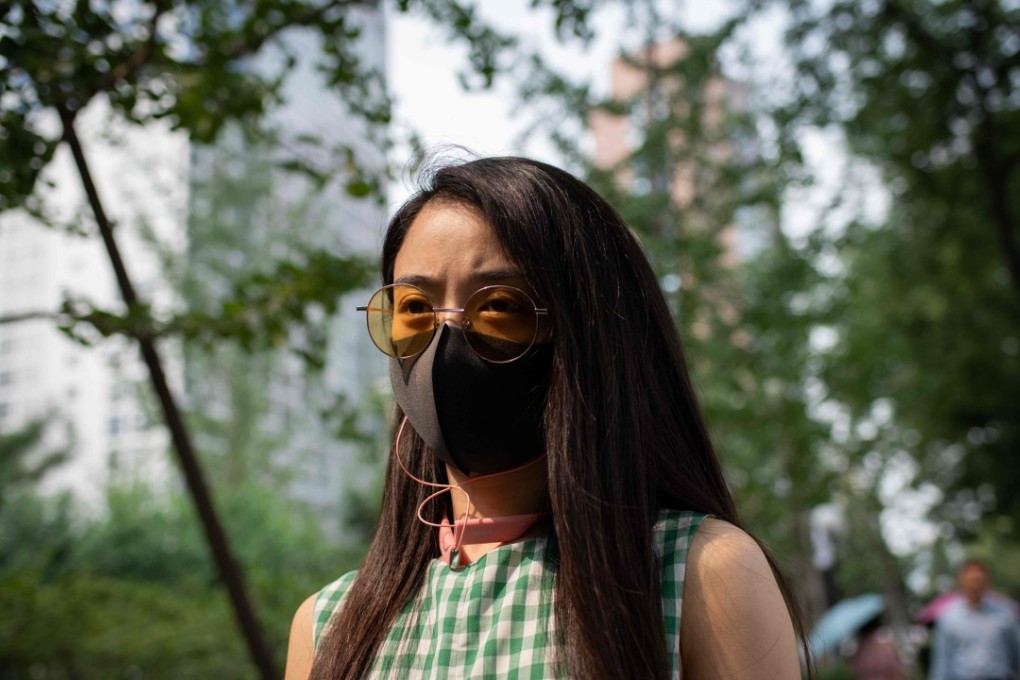More trees, more smog? How Beijing’s huge planting campaign may be trapping pollution
Extra drag from man-made forest caused concentration of air pollutants to rise by as much as 15 per cent, new study suggests

Beijing’s massive tree planting campaign has worsened air pollution in the city, a new study by Chinese scientists suggests.
The “Green Great Wall” prevented dispersion of as much as 15 per cent of PM2.5 – health-damaging fine particulates less than 2.5 micrometres in diameter – during a major smog episode in the capital in January 2014, according to researchers.
At its peak during the period studied, the PM2.5 reached 350 micrograms per cubic metre of air – 14 times the safety level recommended by the World Health Organisation.
Man-made forest slowed down the winds that otherwise help to disperse smog and turned the city into an enormous trap for air pollutants, according to the scientists.
The relationship between tree planting and smog has been debated for years. The Chinese government has repeatedly denied its tree plantation campaigns have contributed to an increase of smog in Beijing and nearby regions, although “more trees, more smog” has become a popular saying among residents.
The study – the first so far to support a link – was jointly conducted by researchers from the Institute of Earth Environment at the Chinese Academy of Sciences in Xian, the Joint Centre for Global Change Studies in Beijing, and the National Centre for Atmospheric Research in Colorado in the United States.